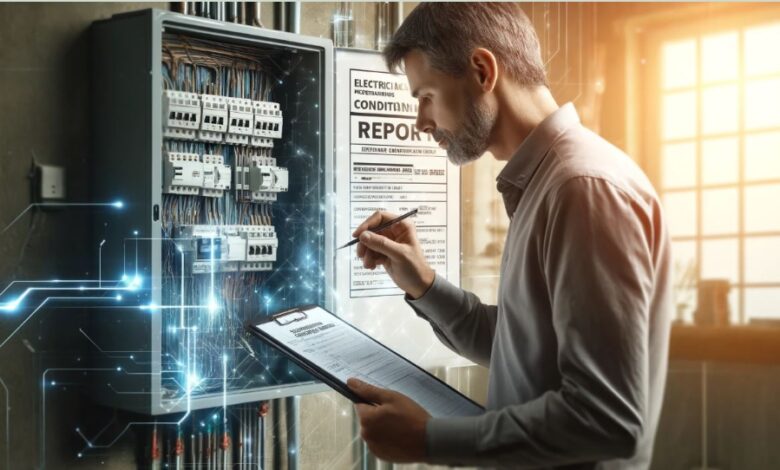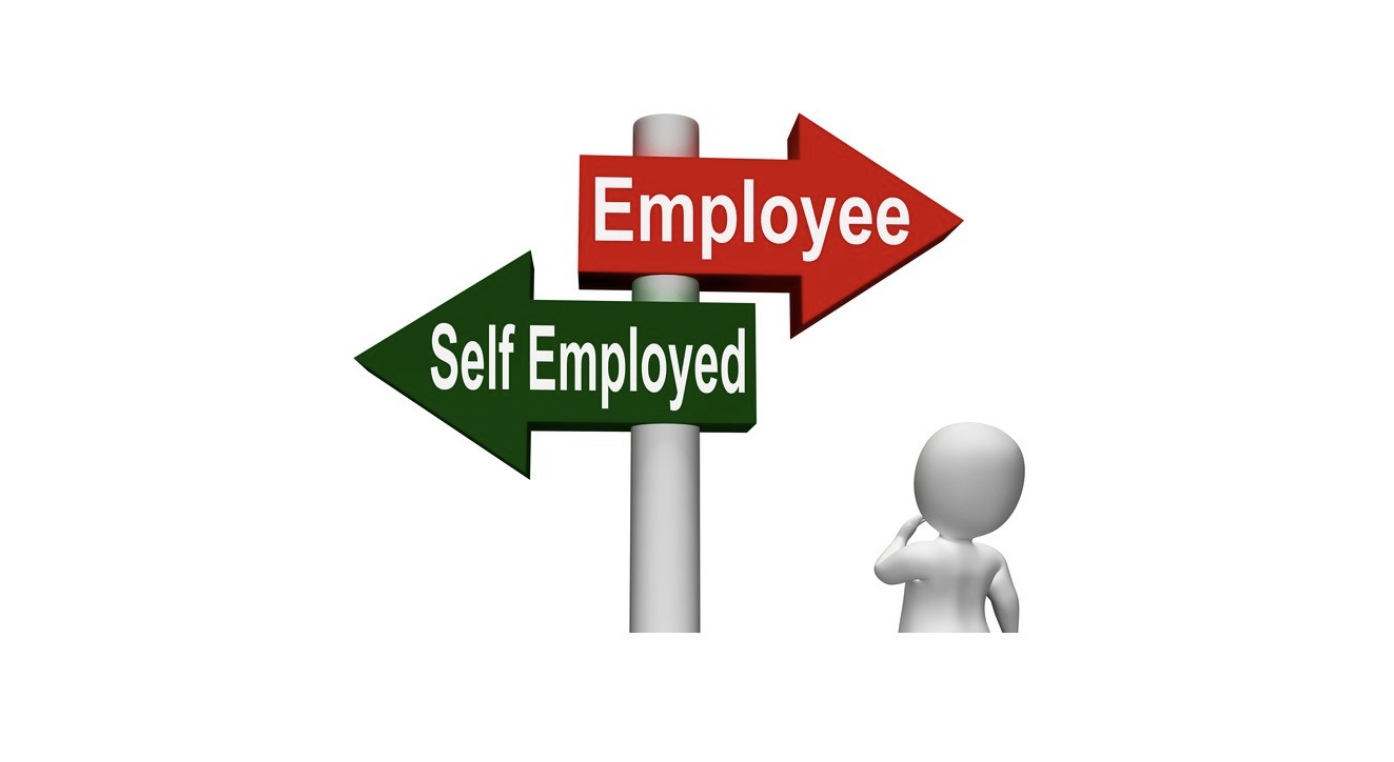Navigating Electrical Compliance A Deep Dive into the Electric Installation Condition Report

Ensuring the Safety and efficiency Of Electrical installations In Any Property is Paramount Not just for Compliance with Legal Standards But Also for the Safety of its occupants the Electric Installation Condition Report EICR is an Assential Document That Assesses The safety of Electrical Systems Identifying any Deficiencies that may pose a risk This comprehensive guide delves into the importance of the EICR detailing the process of obtaining a report what the report entails and the benefits it brings to property owners and tenants alike
Contents
Understanding the Electric Installation Condition Report
The Electric Installation Condition Report EICR formerly known as the Periodic Inspection Report is an inspection on a property s electrical installations to check for any problems that could compromise safety The EICR is a crucial document for landlords homeowners and business premises ensuring that all electrical installations are safe and up to current standards
Why You Need an EICR
- Safety The primary purpose of an EICR is to ensure that all electrical installations are safe to use
- Legal Compliance For landlords and business owners having an up-to-date EICR is legally required in many jurisdictions to ensure that the property meets health and safety regulations
- Insurance Requirements Many insurance companies require an EICR to cover electrical faults
How to Obtain an EICR
Getting an EICR involves a thorough check of all the electrical installations in a property Here’s a step-by-step overview of how to obtain one
Step 1 Choose a Qualified Electrician
It is vital to select a qualified and competent electrician who is registered with a government-approved scheme This ensures that they can perform the inspection according to national safety standards
Step 2 The Inspection Process
The electrician will check various aspects of your electrical installations including
- Wiring and fixed electrical equipment
- Wear and tear that might affect safety
- Any changes in use of the premises that have led to unsafe conditions
Step 3 Understanding Your EICR Report
After the inspection you will receive an EICR that identifies any damage deterioration or defects These are classified into three codes
- Code C1 Danger present risk of injury immediate remedial action required
- Code C2 Potentially dangerous urgent remedial action needed
- Code C3 Improvement recommended not a direct safety concern but improvement suggested
What to Do After Receiving Your EICR
Upon receiving your EICR it’s crucial to act on the recommendations provided
- Immediate Repairs Address any C1 and C2 issues immediately to ensure safety
- Review and Plan For C3 recommendations consider making the suggested improvements to enhance safety and efficiency
EICR for Landlords and Business Owners
For landlords and business owners the EICR is not just a recommendation—it’s a requirement Regular EICR checks
- Help ensure the safety of tenants and employees
- Prevent potential legal issues from non-compliance
- Enhance the reliability of electrical systems reducing the risk of unexpected repairs
Challenges and Best Practices
Managing the process of obtaining an EICR can be challenging especially keeping track of inspection schedules and managing repairs Best practices include
- Maintaining an ongoing relationship with a trusted qualified electrician
- Keeping detailed records of all electrical inspections and repairs
- Educating tenants and employees on electrical safety and the importance of reporting issues
Conclusion
The Electric Installation Condition Report by Nationwide Surveyors is an essential tool in the maintenance of safe and compliant electrical installations Whether you’re a homeowner landlord or business owner understanding and utilizing the EICR can significantly contribute to the safety and efficiency of your property By adhering to the guidelines and recommendations provided in your EICR Report you ensure that your electrical installations are not only compliant with the law but also offer a safe environment for everyone Regular updates and proactive maintenance are key to minimizing risks and extending the life of your property’s electrical infrastructure



